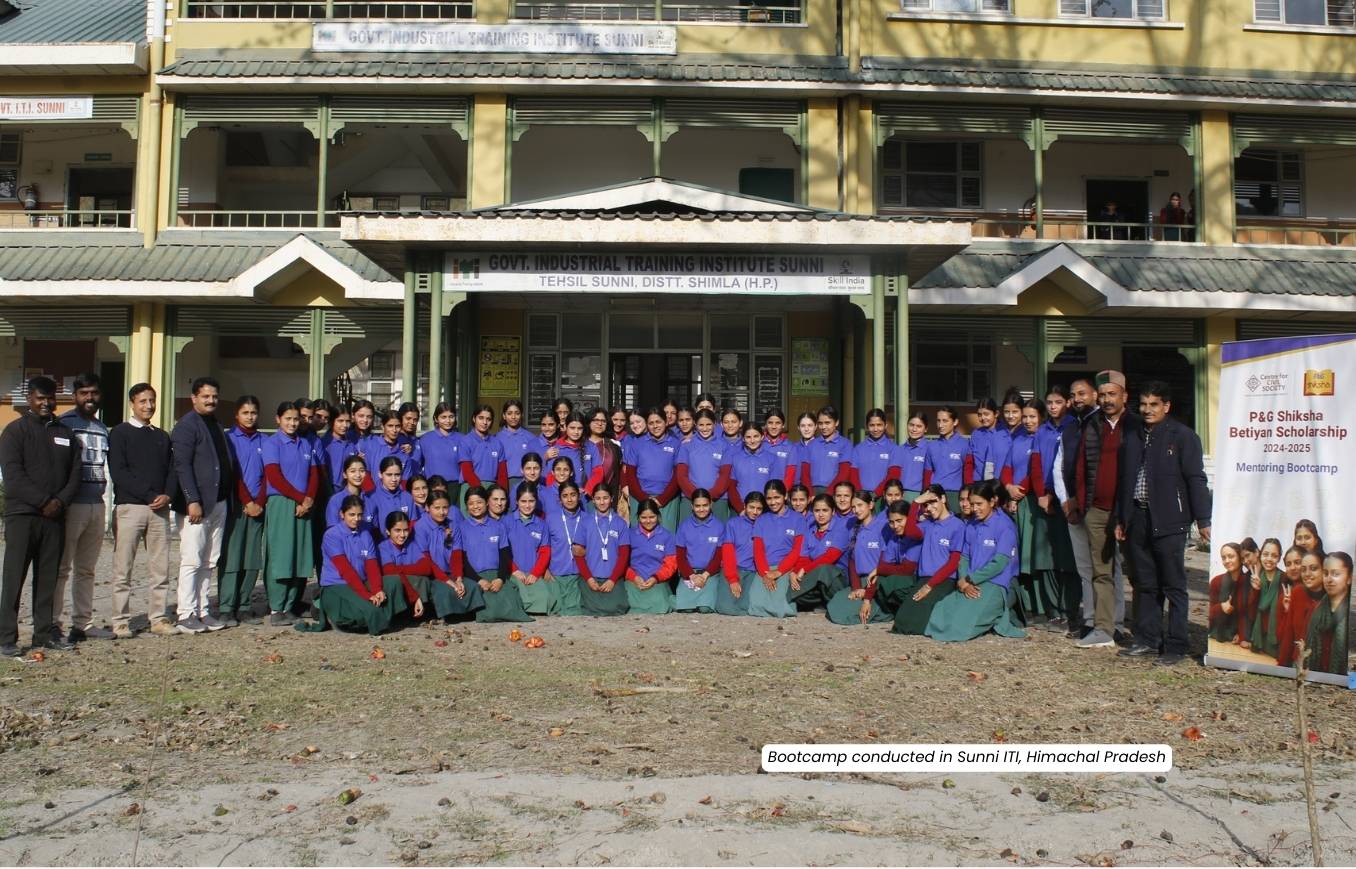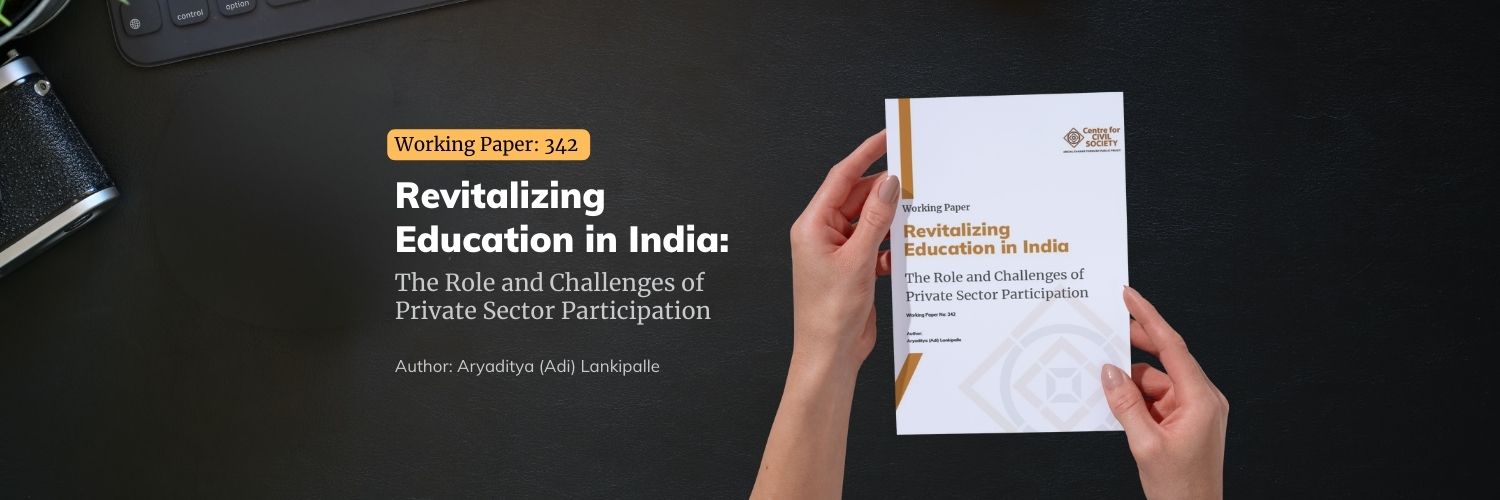The essence of good governance is good laws. For rule of law to operate, laws must be well-written and well-coded. Laws must be precise, principles-based, and should stand the test of time. Statues that are obsolete, redundant, repetitive, or inconsistent only create chaos for the masses and provide unnecessary powers in the hands of implementing agencies, weakening the social fabric and incentivising corruption.
During the campaigns for the 2014 General Election, BJP candidate Shri Narendra Modi promised the electorate that on being elected, he would make a sincere attempt at statutory legal clean-up. The commitment was that for every new law passed, 10 redundant ones would be repealed and that in his first 100 days in office he would undertake to repeal 100 old, burdensome laws. The Bhartiya Janata Party-led National Democratic Alliance Government tabled the Repealing and Amending Bill (Third) Bill, 2015 in the Lok Sabha, recommending the revision of about 180 obsolete laws. It was also the commitment of Shri Ravi Shankar Prasad, that this exercise of weeding out antiquated laws would be a continuous process.
After the success of Centre of Civil Society’s Repeal of 100 laws Project (in partnership with NIPFP Macro/Finance Group and Vidhi Legal Policy Centre), wherein 100 Central laws were suggested for repeal, of which 23 were formally included in the Repealing and Amending Bill, Centre for Civil Society has launched its Repeal of laws Project- Phase II, via its report that includes laws that warrant immediate repeal in Delhi, on the grounds of them being redundant, subsumed by newer legislation, or because they pose an impediment to growth, development, good governance and individual freedom.
We believe that while statutory reform is only the beginning of a wider process of legal overhaul, it is perhaps the most important. Without sound laws, India will not provide an enabling environment, neither for citizens nor for entrepreneurs. Repealing pointless legislation is the first step in this direction.
For the year 2015, a similar report was prepared by us for the state of Delhi.

P&G Betiyan Scholarship 2024-25
P&G Betiyan Scholarship Program, launched in collaboration with the Centre for Civil Society in 2021-22, is focused on addressing the gender gap in STEM education (Science, Technology, Engineer


